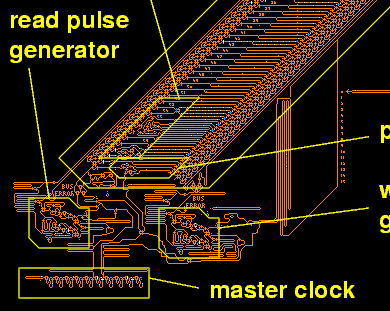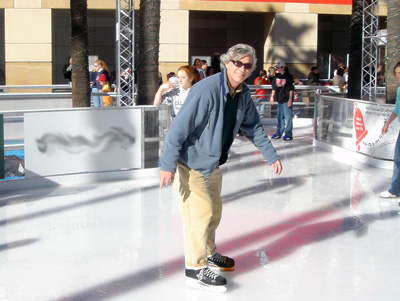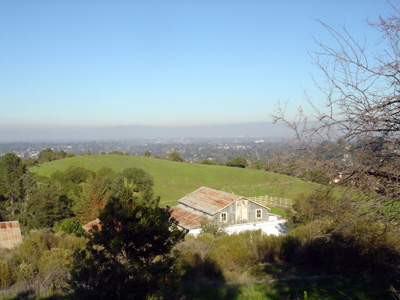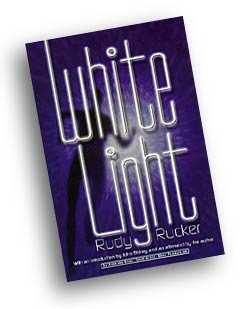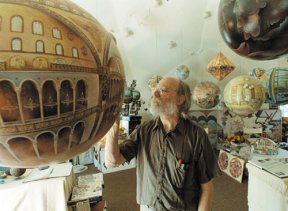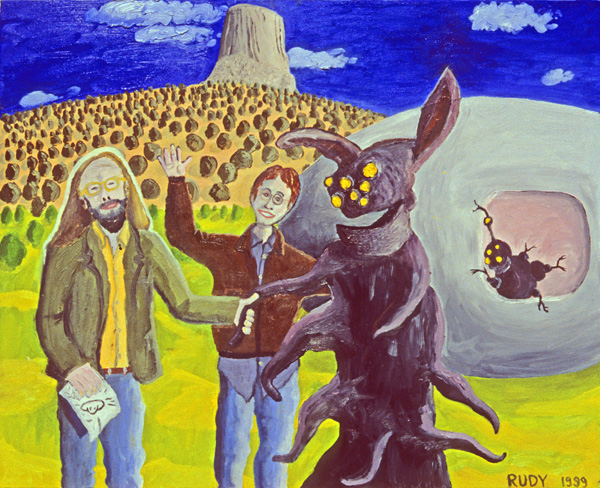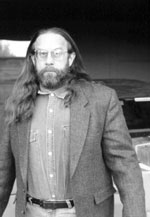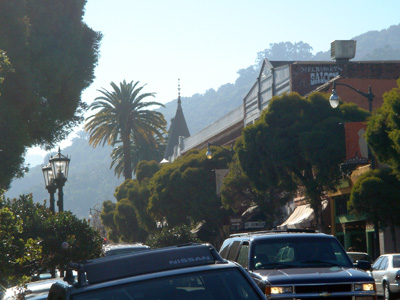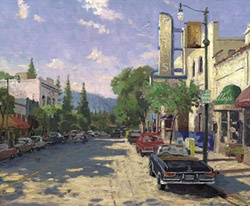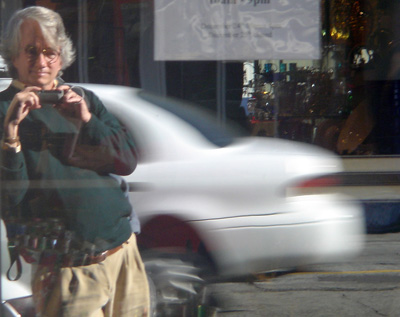Dawn at the bottom of the year.

Two daughters! With the scary Santa robot.

Imagine writing or reading a blog on Christmas day. Electronic sharing. What if your TV could see you, and show your images to random viewers? In my novel Wetware (Avon, 1997), I describe a future Christmas morning like this Louisville, Kentucky, featuring a daughter named Della just returned from the colony on the Moon.
***
When Della woke up it was midmorning. Christmas! So what. Without her two sisters Ruby and Sude here, it didn’t mean a thing. Closing her eyes, Della could almost hear their excited yelling — and she realized she was hearing the vizzy. Her parents were downstairs watching the vizzy on Christmas morning. God. She went ot he bathroom and vomited, and then she put on her flexiskeleton and got dressed.
“Della?” cried her mother when Della appeared. “Now you see what we do on Christmas with no babies.” There was an empty glass by her chair. The vizzy screen showed an unfamiliar family opening presents around their tree. Mom touched the screen and a different family appeared, then another and another.
“We’ve gotten in the habit,” explained Dad with a little shrug. “Every year lots of people leave their sets on, and whoever wants to can share in. So no one’s lonely. We’re so glad to have a real child here.” He took her by the shoulders and planted a kiss on her forehead. “Little Della. Flesh of our flesh.”
“Come, dear,” said Mom. “Open your presents. We only had time to get two, but they’re right here in front of the vizzy in case anyone’s sharing in with us.”
It felt silly but nice sitting down in front of the vizzy — there were some excited children on the screen just then, and it was almost like having noisy little Ruby and Sude at her side.
***
[If you want to read the rest of my novel, don’t accidentally get the wrong Wetware — some guy ripped off my title for a completely different book in 2002, meaning that there is a bogus Wetware in the marketplace. My Wetware is out of print just now, although used Wetware copies can be found.]
***
Merry Christmas!









